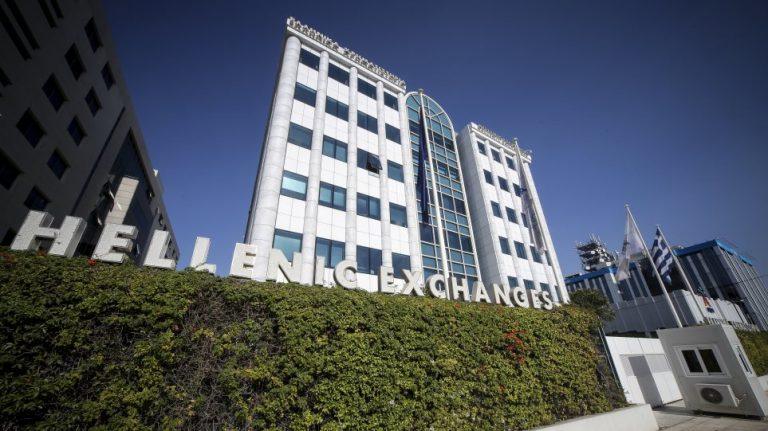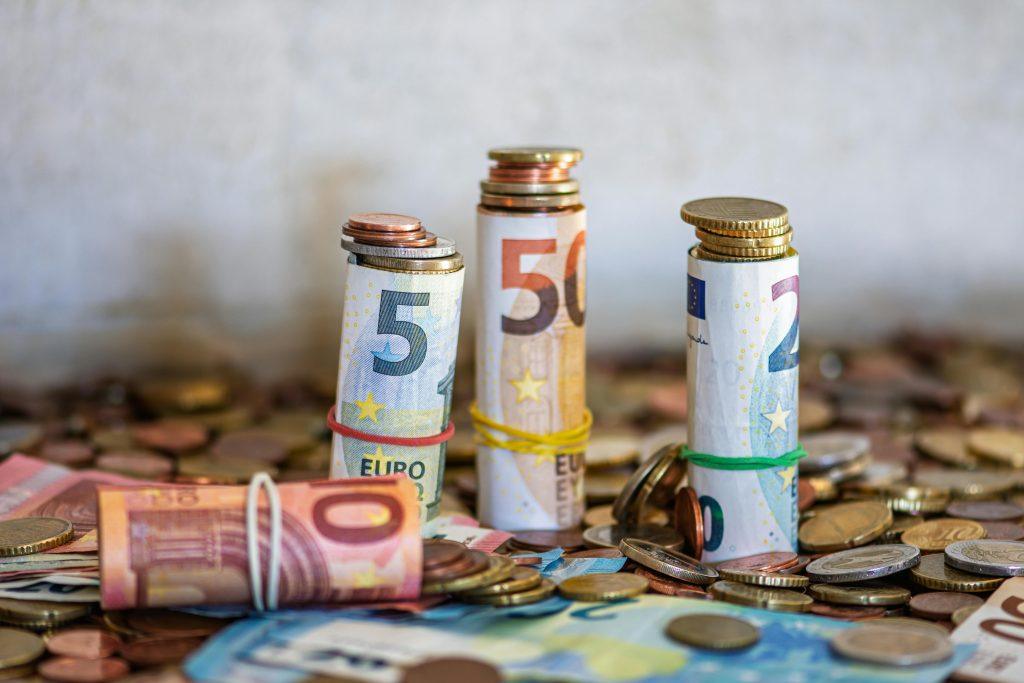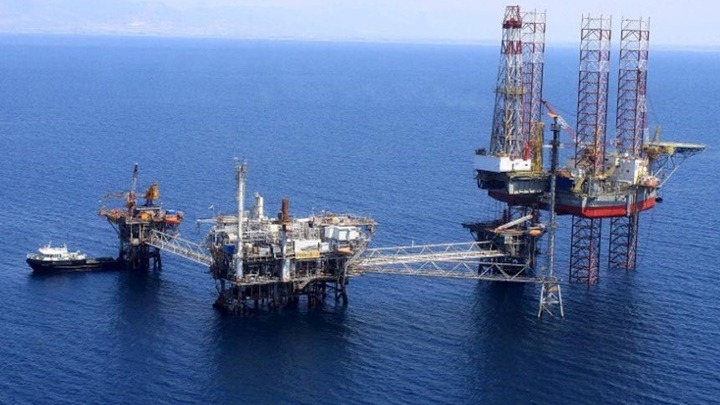Sustainability, circular economy and green energy are the main areas of interest in terms of business and investment opportunities of the future, as they emerged from the four scenarios concluded by a study delivered by the Special Secretariat for Long-Term Planning on the possible images of the future in Greece in 2035.
Presenting the results of the study, at an event organized by the Hellenic Development Investment Bank (EATE) and the Special Secretariat for Long-Term Planning of the Greek Government, in the “Xanthippi Hoipel” amphitheater of Thessaloniki museums organization MOMus, the coordinator of the study, Dr. Epaminondas Christofilopoulos, who was responsible for its scientific supervision and who is also the President of the Metropolitan Organization of Fine Arts Museums of Thessaloniki MOMus, noted that in addition to the above three areas, augmented reality and blockchain technologies are also of interest.
The four scenarios
In particular, he pointed out, among other things, that the study involved over four hundred people who work in innovation programs with students, who, he said, are essentially the people who will create the start-ups of 2035.
Regarding specifically the four scenarios for the possible images of the future in Greece in 2035, the first is called “the anchored ark” and represents a closed world that foresees strong sustainability and a less open economy, with the possibility of a global food crisis from an invasive plant pathogen and business challenges in sustainability, energy supply, circular economy, food and agriculture.
In the second scenario, the “green lighthouse”, the world is described as liberated, while sustainability and the value of the environment are very high, along with a fairly liberal political system. The scenario describes a climate crisis that also affects southern Europe, which creates investment opportunities in energy supply, the circular economy and biotechnology.
In the third scenario, the “rocking raft” is dominated by the open economy, but the environment is not a priority and describes a new pandemic with opportunities in the fields of pharmaceuticals, health technology, circular economy and blockchain technologies.
The fourth scenario, called “fog fortress”, envisages a Greece where the economy operates in less liberal ways and the environment suffers. In this, new energy crises arise with upcoming changes in the geopolitical environment, and investment opportunities are tourism, public relations, augmented reality and blockchain technologies, and the defense and security sectors.
Interventions by ministers
Speaking at the event, the Minister of State Giorgos Gerapetritis, described the creation of the Special Secretariat for Long-Term Planning as a major achievement, pointed out that this secretariat covers a democratic deficit and commented that it produces long-term policy to serve future generations. Regarding the Greek innovation ecosystem, he noted that it serves the goal of alternative scenarios of the future and functions as a complement to any current policy.
For his part, the Deputy Minister of Development and Investments, Yiannis Tsakiris, noted: “currently the Hellenic Development Investment Bank has 2.1 billion euros under management. If we subtract reserved sums, we are at around 1.5 billion euros. This 1.5 billion euros means that another 1.5 billion euros will be sought from private investors, so we will have three, and if we add the borrowing achieved by the companies on top of these funds, one would roughly say that 10 billion euros is to boost technology companies, fast-growing and extroverted. It is a significant boost to the Greek economy.”
The Deputy Minister of Development and Investments, responsible for research and technology, Christos Dimas, mentioned the predictions for the future, pointing out that the issue concerns everyone. He spoke in particular about defining the criteria by which a business is considered a start-up, establishing incentives for angel investors, financing tools for start-ups and the infrastructures that are created and supported
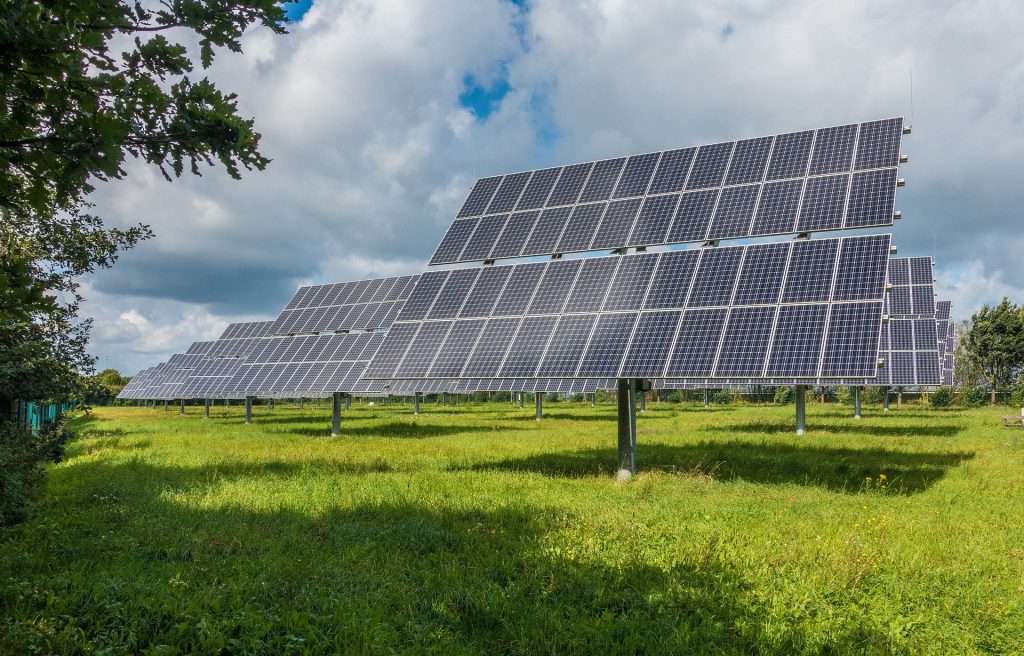
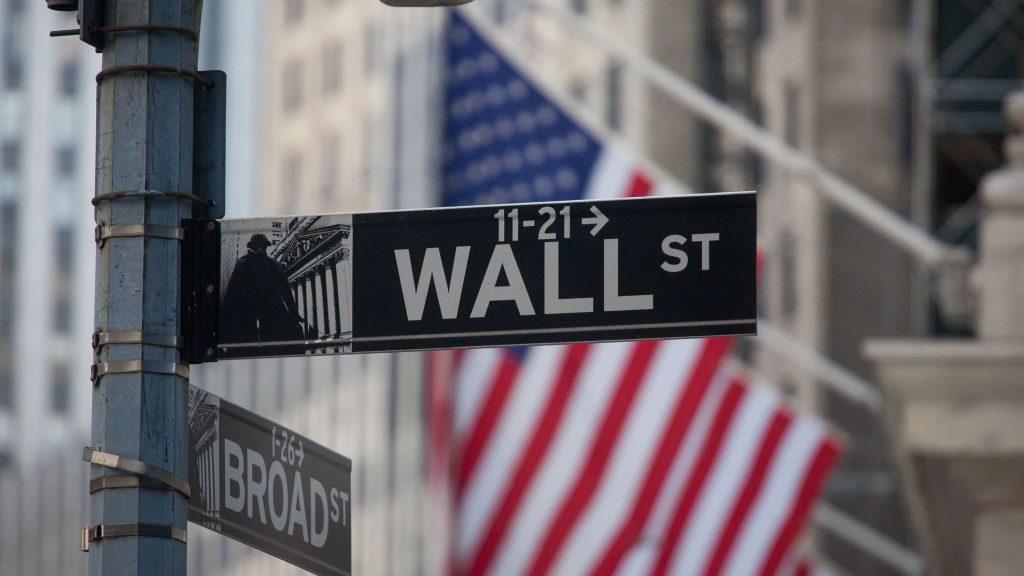

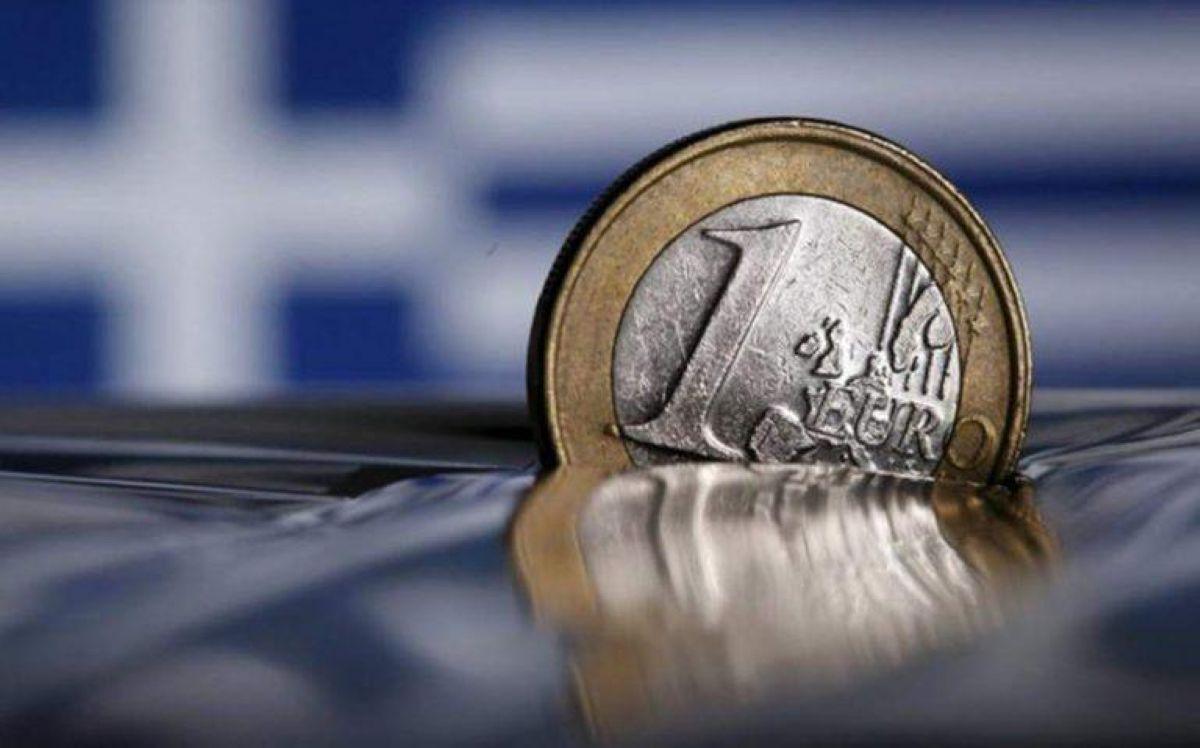
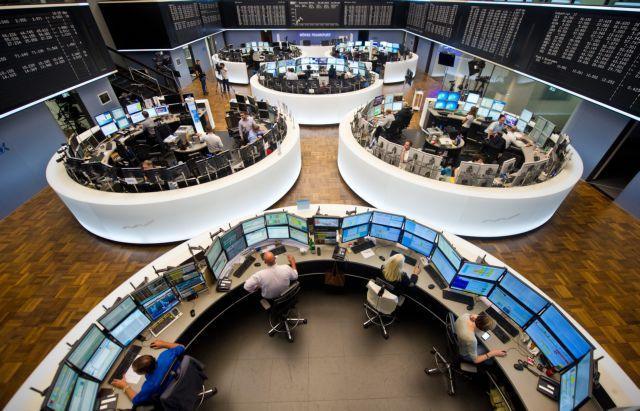



![Airbnb: Πάνω από 90% οι πληρότητες για Χριστούγεννα και Πρωτοχρονιά [πίνακας]](https://www.ot.gr/wp-content/uploads/2025/12/ot_airbnb_christmas-300x300.jpg)


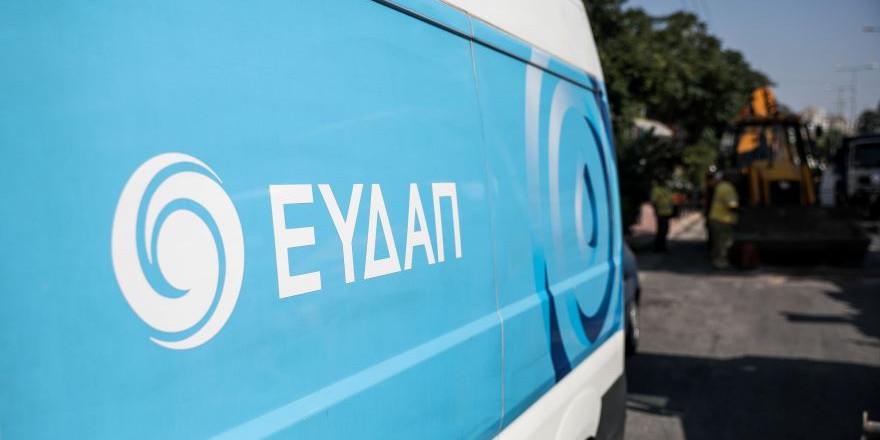
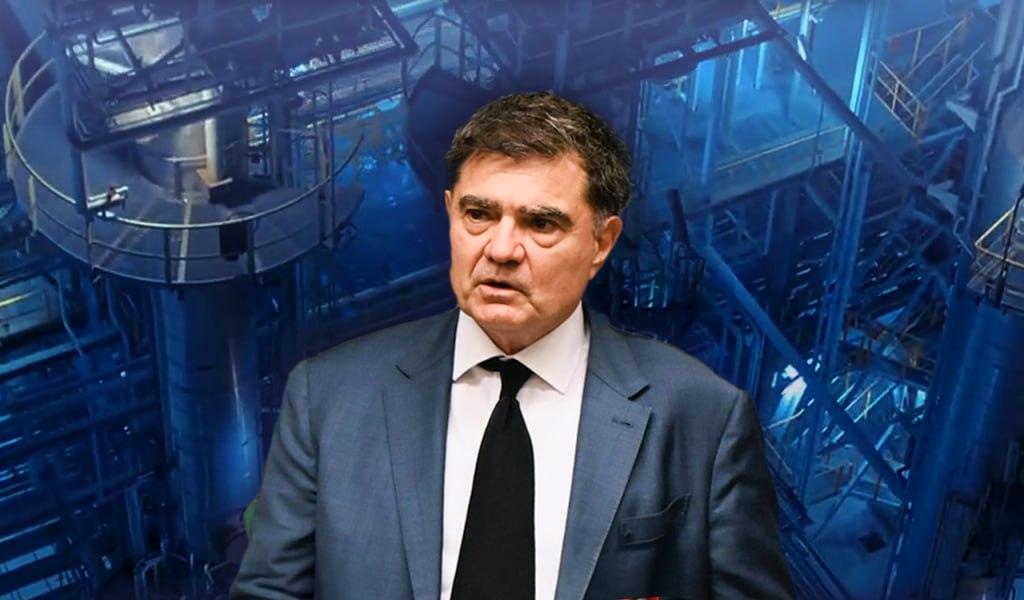


![Airbnb: Πρόταση για σύσταση ταμείου για τη στεγαστική κρίση [πίνακας]](https://www.ot.gr/wp-content/uploads/2025/11/airbnb.jpg)

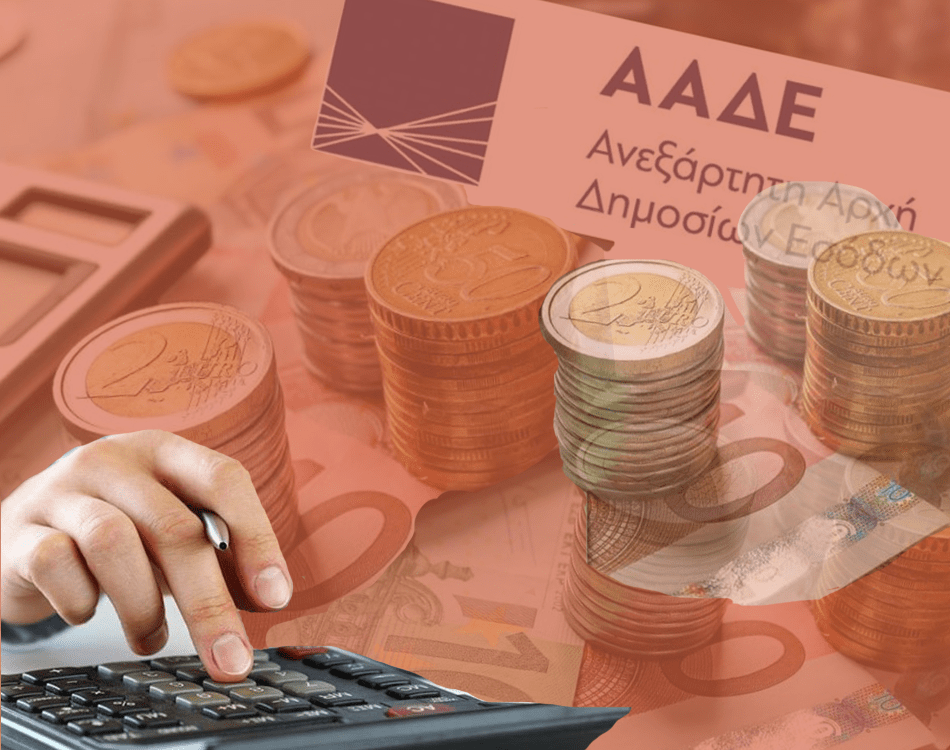

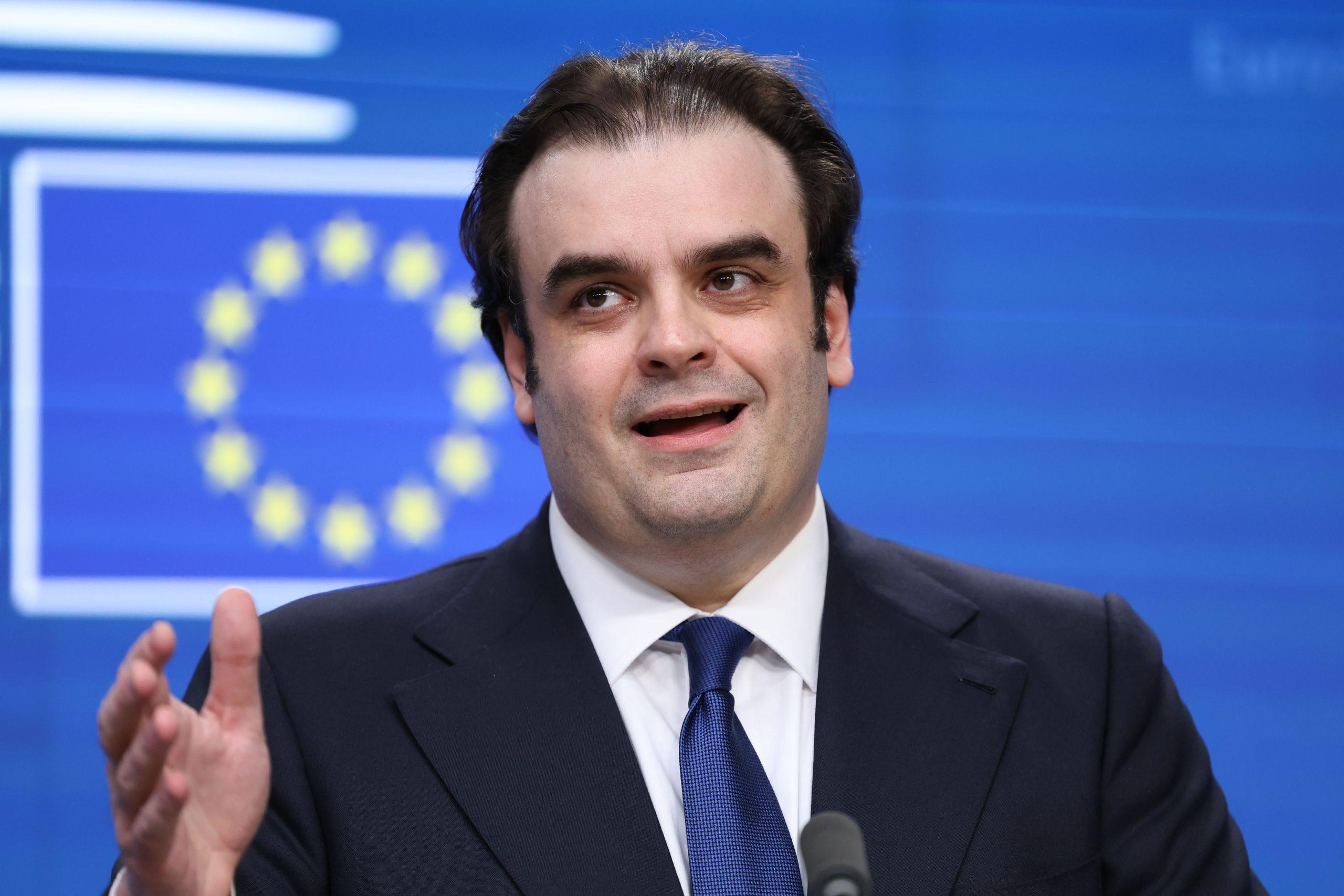
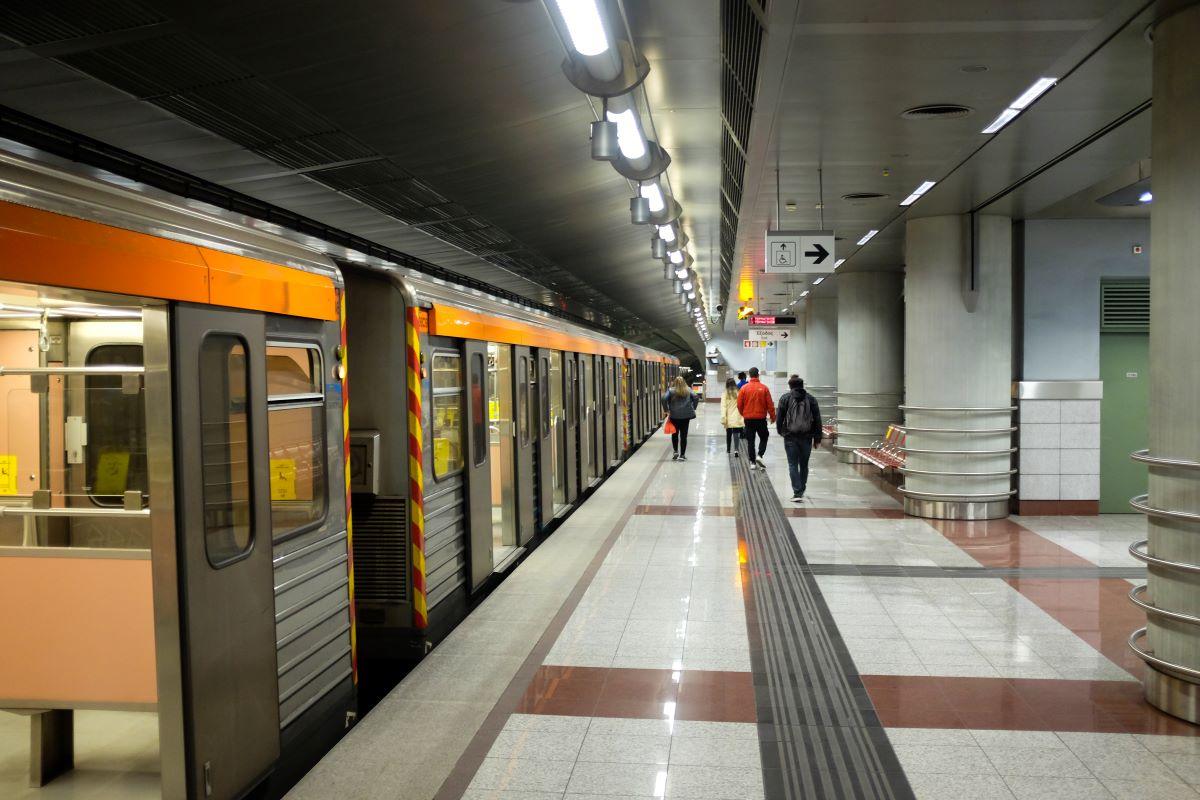

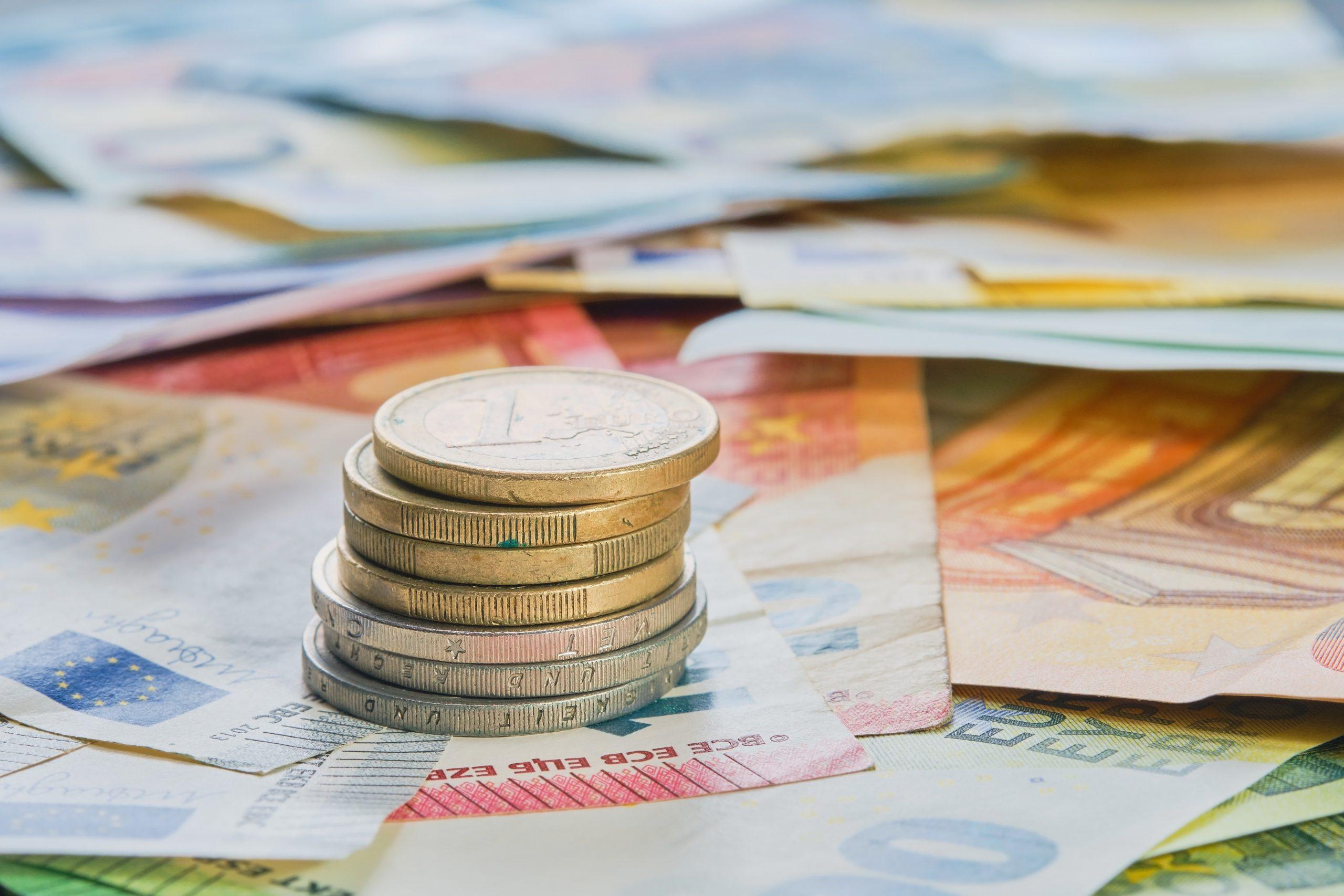
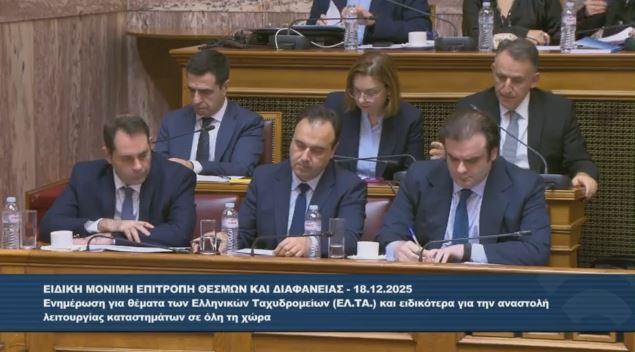
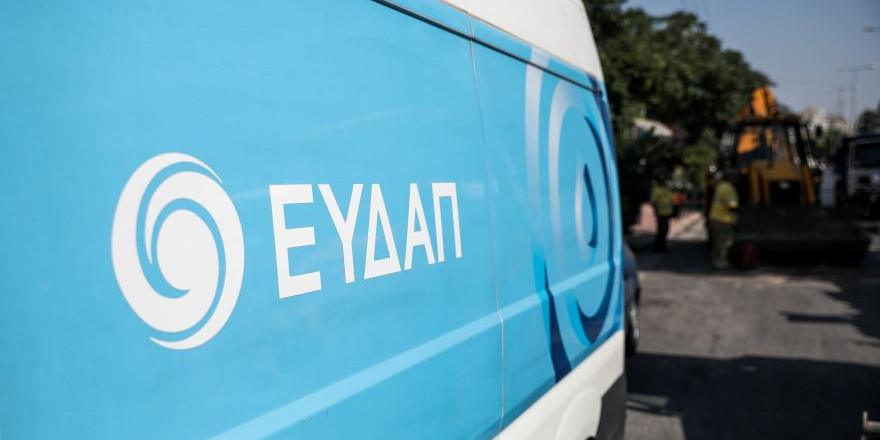




![Airbnb: Πάνω από 90% οι πληρότητες για Χριστούγεννα και Πρωτοχρονιά [πίνακας]](https://www.ot.gr/wp-content/uploads/2025/12/ot_airbnb_christmas.jpg)


